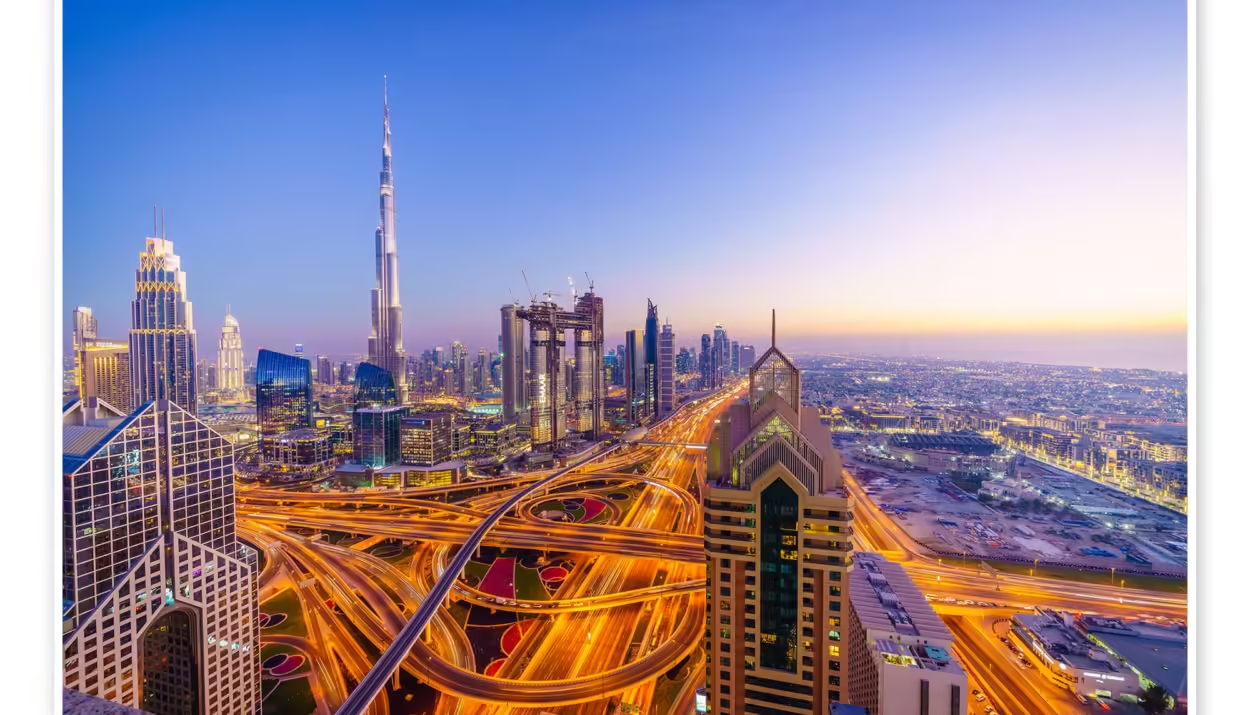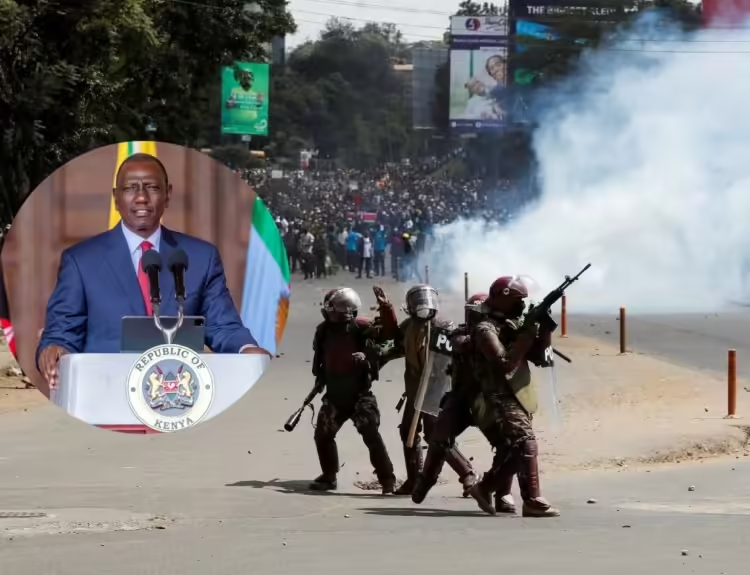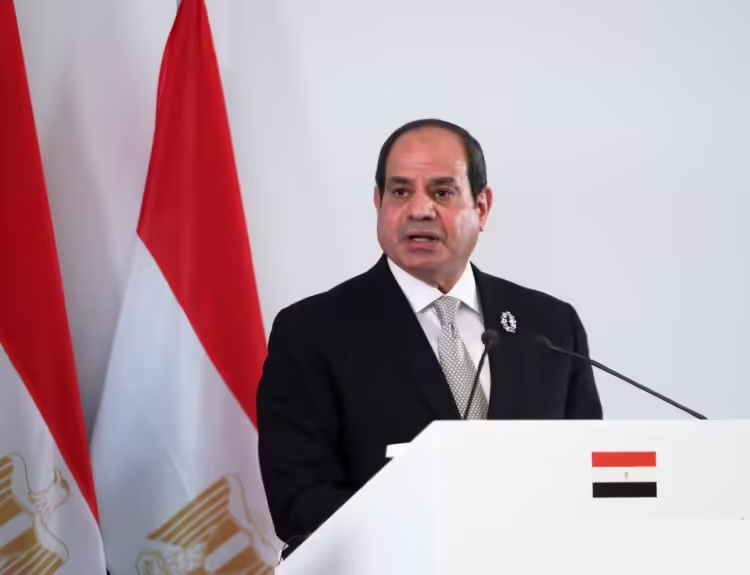Dubai has emerged as a key hub for Africa’s affluent elite, offering a blend of financial advantages, luxury amenities, and strategic positioning that appeals to high-net-worth individuals (HNWIs) across the continent. This trend is reshaping the dynamics of wealth management, investment, and luxury consumption, with Dubai serving as both a financial hub and a lifestyle destination for Africa’s rich.
Contents
Banking beyond borders: African institutions in Dubai
A strategic shift is underway: African banks are following their wealthiest clients straight into Dubai. South Africa’s Absa Bank plans to open a representative office at the Dubai International Financial Centre (DIFC) in early 2026, pending regulatory approval. Kenya’s Equity Bank is also expanding into Dubai, with its first office set to open at Expo City Dubai before December 2025. Meanwhile, Nigeria’s United Bank for Africa (UBA), already present in DIFC, is expanding into Saudi Arabia’s King Abdullah Financial District (KAFD) by the end of 2025.
The growth of African banking in Dubai aligns with broader trade trends in the region. According to Afreximbank, African exports to GCC countries nearly doubled, rising from approximately $28 billion in 2016 to $69 billion in 2023. Meanwhile, African imports from the GCC countries also grew significantly, increasing from around $29 billion in 2016 to $51 billion in 2023. This surge in trade highlights Dubai’s increasing importance as a financial and commercial hub for African businesses.
At the same time, several global banks, including BNP Paribas, Standard Chartered, and Société Générale, have been scaling back their operations in select African markets, creating opportunities for pan-African banks to expand and better serve cross-border clients.
Financial centers like the Dubai International Financial Centre (DIFC) and Saudi Arabia’s King Abdullah Financial District (KAFD) provide African banks with platforms to structure complex financing vehicles, tap into diaspora banking opportunities, access advanced compliance systems, and connect with a diverse pool of regional and global investors.
This trend is expected to continue as African banks strategically position themselves to follow clients, access capital, and enter high-growth Gulf markets. The move reflects a broader evolution of African banking: one that is outward-looking, client-focused, and increasingly integrated with global financial hubs.
Dubai as a luxury consumption hub
Dubai’s luxury market has experienced remarkable growth, driven by both local and international demand. According to the Chalhoub Group’s GCC Personal Luxury 2024 Report, luxury sales across the Gulf Cooperation Council (GCC) surged 6% in 2024 to reach $12.8 billion, outperforming a 2% global market decline.
This growth is fueled by a strong appetite for high-end fashion, jewelry, watches, and beauty products, supported by Dubai’s favorable tax environment, an influx of affluent residents — including a rising number of wealthy African buyers — and a steady stream of high-spending tourists.
For wealthy Africans, Dubai offers an unmatched luxury shopping experience, with world-renowned destinations such as The Dubai Mall and Mall of the Emirates hosting hundreds of premium brands. The city’s retail ecosystem caters to diverse tastes, offering access to exclusive boutiques and designer labels, including limited-edition collections that are often unavailable in many African markets. This exclusivity, combined with Dubai’s status as a global luxury hub, continues to attract affluent buyers from countries like Nigeria, Kenya, and South Africa.
Dubai’s calendar of luxury events further enhances its appeal. Annual highlights such as the Dubai Shopping Festival and Art Dubai provide opportunities to acquire investment-grade art, fine jewelry, and high-fashion pieces while enjoying immersive retail experiences. Moreover, emerging trends such as luxury e-commerce, digital concierge services, and sustainable luxury are reshaping shopping habits, attracting African buyers who seek convenience, exclusivity, and innovation.
Real estate: A lucrative investment avenue
Dubai’s real estate sector continues to attract African high-net-worth individuals (HNWIs) seeking to diversify their portfolios and secure premium lifestyle assets. The city’s property market offers high returns, fueled by a booming population, thriving tourism industry, and a robust, diversified economy.
Many wealthy Africans are investing in branded residences, waterfront villas, and premium high-rise apartments — not just as homes but as status symbols and long-term wealth preservation tools.
Dubai’s tax-friendly environment—marked by no capital gains tax, no inheritance tax, and no annual property tax—combined with 100% foreign ownership rights in designated freehold zones, makes the city a secure and lucrative destination. As a result, Dubai has become a magnet for African HNWIs seeking a stable, profitable base in the Middle East.
Investor interest is also growing in serviced apartments, branded residences, and mixed-use developments, supported by a strong rental market and attractive yields. Combined with access to world-class private banking and bespoke investment advisory services, Dubai offers a comprehensive ecosystem for wealth preservation, growth, and lifestyle enhancement, making it especially appealing to wealthy African investors seeking both returns and prestige.
Dubai as a lifestyle destination for African elites
Dubai’s appeal for African elites goes far beyond shopping and real estate — it offers a luxurious, cosmopolitan lifestyle that seamlessly blends modern comforts with cultural familiarity. From Michelin-starred restaurants and private yacht tours to desert safaris and bespoke cultural experiences, the city delivers exclusivity at every turn.
Its world-class infrastructure, safety, and multicultural environment make Dubai a preferred choice for both short-term getaways and long-term stays. For Muslim elites in particular, Islamic-friendly services — including halal fine dining, luxury mosques, and Sharia-compliant banking — create a sense of belonging while still enjoying the city’s global sophistication.
Dubai also appeals to families seeking quality education, premium healthcare, and a high standard of living. Its reputation for regulatory transparency and neutrality has made it a trusted hub for wealth management and cross-border business operations. Many African investors leverage Dubai’s connectivity to global markets to diversify portfolios across real estate, technology, and trade.
For African elites, Dubai is more than a playground for luxury — it’s a strategic base where wealth, lifestyle, and networking converge, offering both exclusive experiences and business opportunities across the Middle East and Asia.
How does the future look like
As Dubai cements its status as a global financial and luxury hub, its ties with Africa’s wealthy elite are set to deepen further. The city’s strategic location, investor-friendly policies, and world-class lifestyle offerings make it an increasingly attractive destination for African HNWIs seeking to manage wealth, diversify investments, and enjoy a premium standard of living.
The rising trend of African banks establishing offices in Dubai highlights a broader strategy of diversification, cross-border banking, and global integration. By following their clients into the UAE and tapping into high-growth Gulf markets, pan-African banks are redefining the future of wealth management and investment flows in the region.
With Dubai positioning itself as a bridge between Africa and the Middle East, the city is expected to play an increasingly pivotal role in shaping the next era of global finance, luxury consumption, and cross-border economic opportunities.






